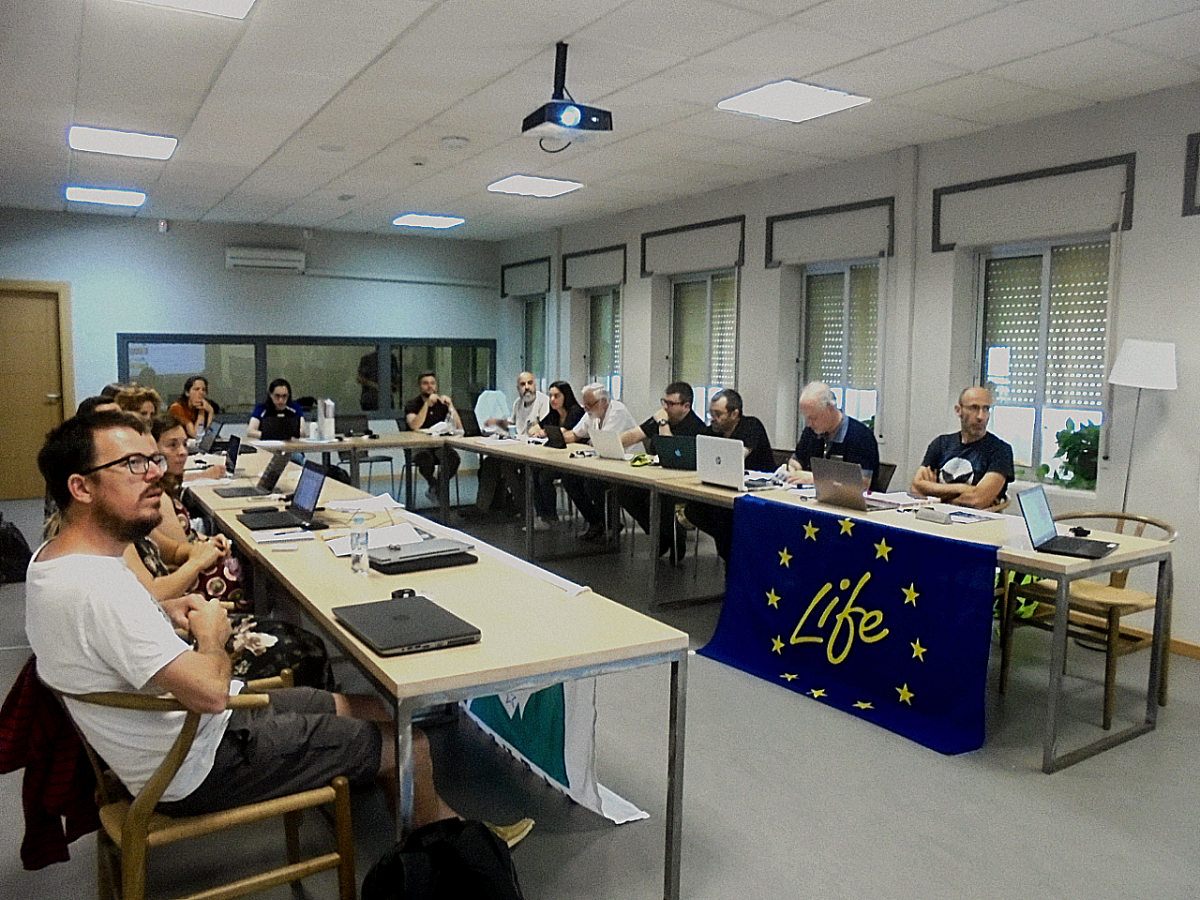Environmental impact of introduced species in the Iberian Peninsula assessed
A training workshop held in Malaga will explain IUCN's standard for assessing the environmental impact of alien taxa (EICAT). During 3 days, from June 5 to 7, experts from the organizations involved in the INVASAQUA Life project will participate in a meeting to update the list of invasive alien species in the Iberian Peninsula and in a training workshop on the EICAT standard (Environmental Impact Classification of Alien Taxa) and its application in the Iberian Peninsula.

Photo: life_invasaqua-malaga-taller.png
Many exotic species have important effects on the ecosystems in which they have been introduced, such as the increased risk of extinction of native species, alterations in the structure and functioning of ecosystems and negative effects on health and economic activities.
In this sense, "The LIFE INVASAQUA project seeks to improve the management of a rapid response to aquatic invasive alien species. Prioritization exercises such as those we are going to carry out in Malaga during these days are basic," says project coordinator Francisco J Oliva, from the University of Murcia.
The EICAT standard for impact classification of exotic taxa aims to facilitate a better understanding of the magnitude of the environmental impacts caused by different exotic taxa, as well as to alert public stakeholders and parties involved about the possible consequences of the arrival of certain exotic species. and report on the prioritization, application and evaluation of management policies and actions. "Since the species and the invasion processes aren't static, risk analysis and revisions of the invasive species catalog need to be carried out constantly. EICAT is a tool that allows us to classify ts ese species based on the magnitude of the environmental impact they can cause in a defined area or space, "stresses Catherine Numa, coordinator of the Mediterranean species program of the IUCN Center for Mediterranean Cooperation (IUCN-Med).
This workshop will be supported by Sabrina Kumschick, Researcher at the Center for Biological Invasions, University of Stellenbosch, South Africa, expert in the application of the EICAT standard. Experts on invasive species will conduct a review of the database of invasive species in the Iberian Peninsula and analyze the application of selection criteria for the preparation of a list of species according to the magnitude of their impact. IUCN-Med has recently completed a project, funded Fundacion Biodiversidad, which applies the EICAT classification, on the Guadiana River in Spain, where invasive species are a major threat to freshwater biodiversity.
|
For further information on the EICAT standard, please visit this section or contact Catherine Numa. |
